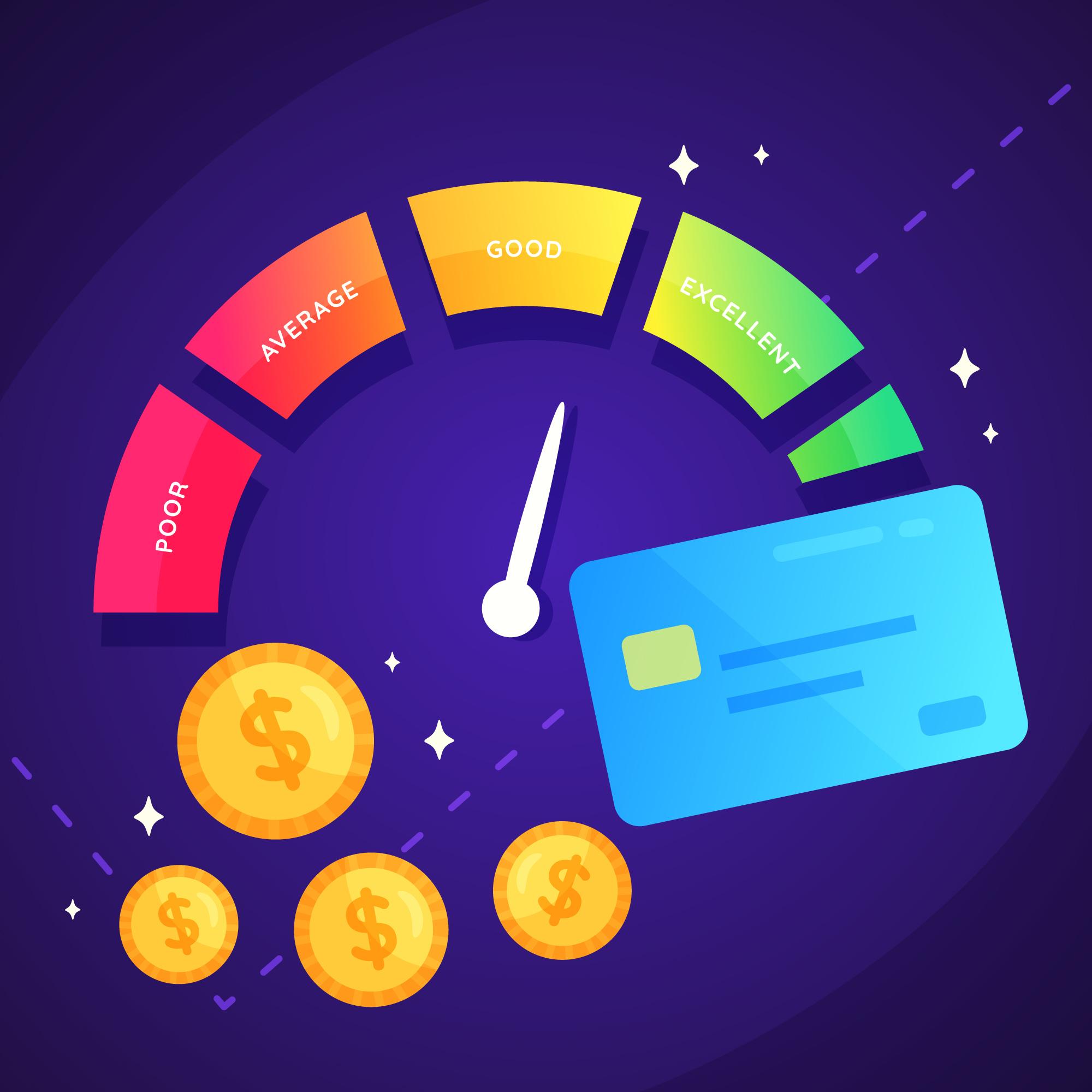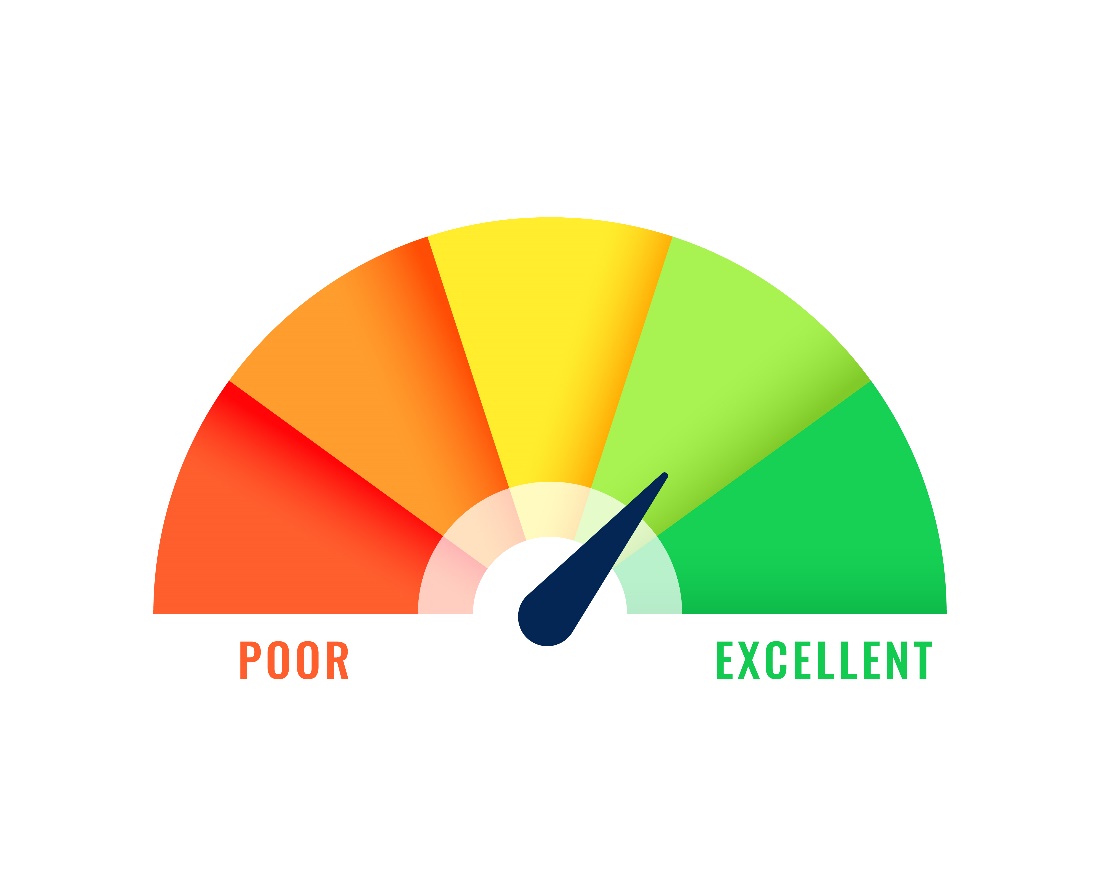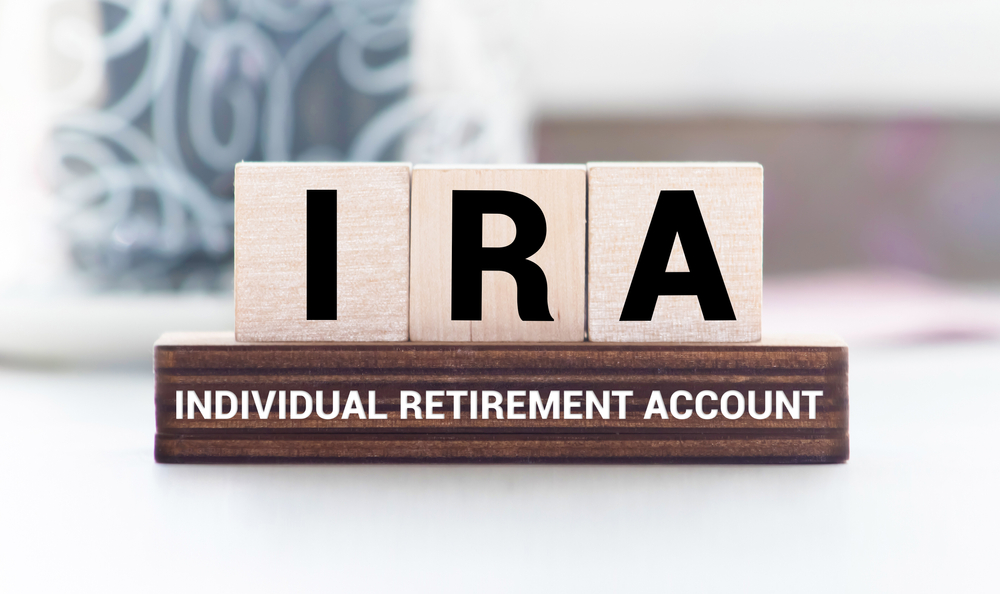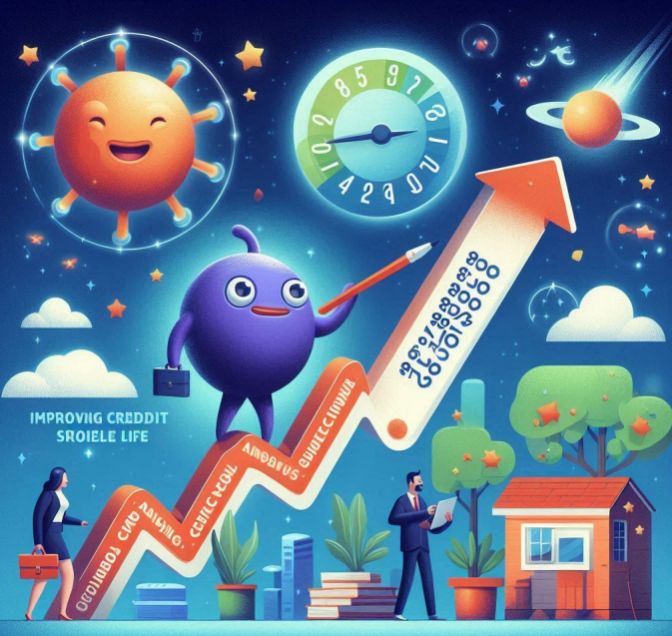How to Improve Your Credit Score Fast
A credit score is a number that shows how good you are with money. Banks and lenders use it to decide if they should give you loans. It's based on how you've handled bills and debts in the past. Higher scores mean you're more likely to pay back what you borrow. Your credit score can affect things like getting a mortgage or a credit card.
Pay all of your bills on time every month Excellent for your credit score. Use your available credit wisely When and if you can, pay down your credit card balances. Do not shut down old credit lines you may hardly use. Look for errors in your credit report and correct the mistakes. At that your SSI score can easily be improved using these steps.
Want a better credit score quick? Here are some easy tips. Pay all your bills on time, no exceptions. Try to use less of your credit cards' limits. Pay off some credit card debt if you can. Don't close old credit accounts you don't use much. Check your credit report and fix any mistakes you see. Indeed, proper utilization of these steps could have your score increasing seemingly overnight.
Why Does a Good Credit Score Matter
The importance of a high credit score in just being that it can ultimately save you money. Lenders use this to determine whether they will give you loans or credit cards. If you have a high score, it can help make sure you are approved for what you want. And you will get superior interest rates which equals lower payments.This can save you thousands of dollars over time on big loans like mortgages.
A good credit-saving loan is a load on your wallet Lenders will decide if they lend you money, credit cards etc. The better your score, the more likely you are to reach it. The higher your score, the more likely you are to get what you want. You will receive better interest rates to have lower payments as well. Over time, on big loans like a mortgage) it can save you thousand of dollars.
How to Build Credit fast
1: Pay credit card balances strategically

Paying credit card balances strategically can really help your finances. First, always pay at least the minimum on all your cards each month. This keeps you from getting late fees and hurting your credit. Then, focus on the card with the highest interest rate. Put any extra money you have towards that balance. This saves you money on interest over time.
Another good strategy is to keep your credit utilization low. This means using less of your available credit limit. Try to keep each card's balance below 30% of its limit. If you can, pay your balance in full each month. This looks great to the credit bureaus. It shows you use credit responsibly and can help boost your score.
2: Ask for higher credit limits
Requesting a higher credit line may be one of those smart things you can do with your new cards for the benefit of raising your score. This is super easy to do — just call up your credit card company. Most will boost your limit if you have been a good customer. They might check your credit, but it's usually a soft pull. This means it won't hurt your score. Higher limits can lower your credit utilization ratio right away.
But be careful with this strategy. Don't see a higher limit as a reason to spend more. The goal is to have more available credit, not more debt. Only ask for increases on cards you've had for a while. Read and do not ask too much otherwise than, say, once or twice a year. Too soon and they will wait many months before you can apply again.
3: Become an authorized user
Time to piggyback off another credit card as an authorized user (in some cases). It is a slight of piggybacking their good credit habits. You get added to their account, but you're not responsible for the bills. Their payment history shows up on your credit report. This can quickly add positive information to your credit file. It works best if the main account holder has great credit.
So we can take care of some couple things here. But please ensure that the person you are connecting is someone you trust. And their vices could also ding your score. Ideally, they will as well leave you two dozen or so Keep in mind: Sometimes card issuers do not report their authorized users to the credit bureaus.
Need your credit score

- Check your credit card statement. Many issuers now provide free credit scores for customers.
- Use free online services like Credit Karma or Credit Sesame. They offer estimated scores and credit monitoring.
- Visit AnnualCreditReport.com for your free reports. While these don't include scores, they show what's affecting your credit.
- Ask your bank or credit union if they offer free scores. Many financial institutions now provide this service.
- Consider paying for your FICO score from myFICO.com. This is the score most lenders use, so it's good to know.
Conclusion
It does require a bit of work, but it's worth the effort to boost your credit score. Though out incremental steps over time. Keep your eyes on the prize and hold fast! Repeating: keeping a secret or pretending that it is not there, isn't going to cure your bad credit. Simply continue to build good habits and the results will come.
A better credit score opens doors for you financially. You might get lower interest rates on loans. Landlords may be more likely to rent to you. Some employers even check credit scores. So keep at it, and enjoy the benefits of your hard work.
(Writer:Wanny)






